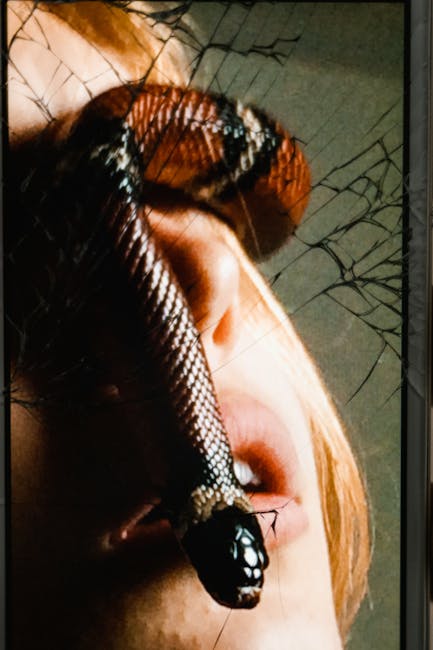Hypnosis, a state of heightened focus and suggestibility, has been used for centuries to help individuals overcome a variety of issues, including phobias and fears. Phobias and fears, which are intense, irrational fears of specific objects or situations, can significantly impact an individual’s daily life. Addressing these fears is crucial for improving overall quality of life and mental health.
Phobias and fears are characterized by an excessive and irrational fear response. They can range from common fears such as arachnophobia (fear of spiders) and acrophobia (fear of heights) to more unique fears like pteronophobia (fear of being tickled by feathers). These fears can lead to avoidance behaviors, anxiety, and can even disrupt daily life.
Understanding the impact of phobias and fears on daily life is essential. They can lead to avoidance of certain situations, cause distress and anxiety, and can even affect physical health. For example, someone with a fear of flying might avoid career or personal opportunities that require air travel, limiting their life experiences and potential.

Photo by MART PRODUCTION on Pexels
Hypnosis works by accessing the subconscious mind, the part of our mind that controls our fears and phobias. It’s a therapeutic tool that can help individuals confront and overcome their fears. The benefits of using hypnosis for phobias and fears include reduced anxiety, increased confidence, and improved quality of life. For more information on how hypnosis can help with anxiety reduction, check out our post on hypnosis for anxiety reduction.
There are several hypnosis techniques used to address phobias and fears. Systematic desensitization involves gradually exposing the individual to the feared object or situation in a safe and controlled environment. Cognitive restructuring helps the individual change their negative thought patterns related to the fear. Visualization and guided imagery involve the individual visualizing themselves successfully confronting and overcoming their fear.
Many individuals have successfully overcome their phobias and fears through hypnosis. For example, a woman with a severe fear of spiders was able to hold a tarantula after just a few sessions of hypnosis. Numerous clients have reported significant improvements in their quality of life after undergoing hypnosis. Research studies also support the effectiveness of hypnosis for phobias and fears, with many individuals experiencing long-term relief from their fears.

Photo by MART PRODUCTION on Pexels
When seeking a hypnotherapist, it’s important to choose someone who is certified and experienced. Ask about their training, experience, and success rates with treating phobias and fears. You can find reputable hypnotherapists through professional organizations such as the American Society of Clinical Hypnosis.
In conclusion, hypnosis can be a powerful tool for overcoming phobias and fears. It can help individuals confront their fears, change their negative thought patterns, and improve their quality of life. If you’re struggling with a phobia or fear, consider seeking help from a qualified hypnotherapist. Remember, it’s never too late to overcome your fears and live a #FearlessLiving life.
For more information on how to develop a #ResilientMindset and overcome fears, check out our post on resilient mindset. And if you’re interested in other techniques for stress reduction, don’t miss our post on secret stress-busting tactics.

Photo by MART PRODUCTION on Pexels
Finally, remember that overcoming fears and phobias is a journey, not a destination. With the right tools and support, you can #ConquerYourPhobias and live a #FearFreeLife. So, take the first step towards overcoming your fears today. #MindOverFear



